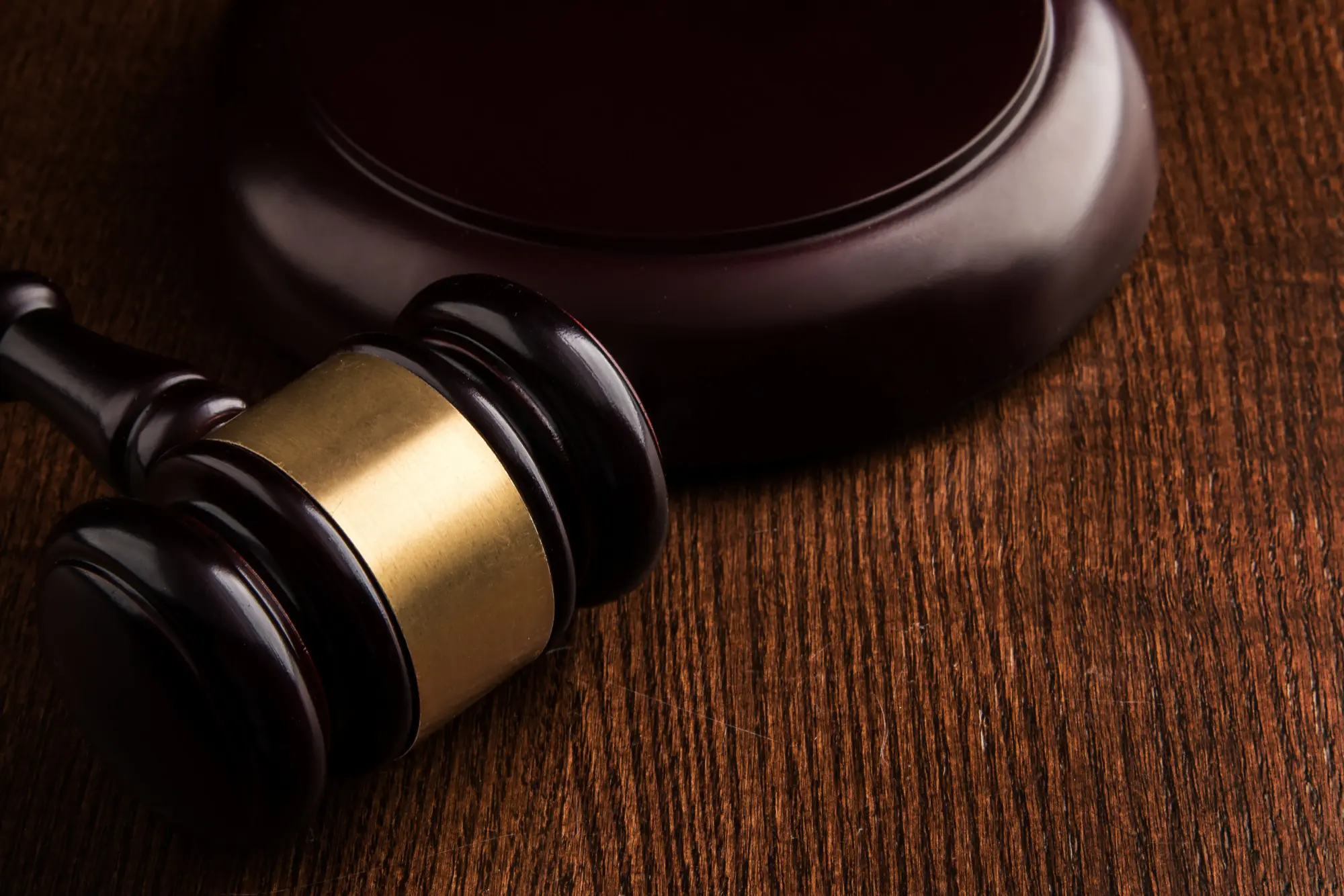Train accidents can result in serious injuries and emotional distress. Knowing who to sue after being injured in this type of accident can help in obtaining the needed compensation. Here are some of the potential ones that might be held liable in a train accident.

Potential Liable Parties
Knowing the right ones to sue is important for a successful claim. Some entities could be responsible for the accident, depending on the circumstances.
- Train Operator – The train operator or conductor might be liable. This is true if the accident was due to human error like distracted driving, speeding, or failure to follow safety protocols. If the operator’s negligence directly caused the accident, they could be held accountable for the injuries.
- Train Company – Usually, the train company or the one that owns the train is responsible for train maintenance. This is for the safety and proper functioning of the trains and tracks. Negligence, inadequate employee training, and failure to follow safety regulations can make the train company liable for accidents.
- Government Entities – In some cases, government entities that own or manage the railways may be liable. If poor track conditions, faulty signaling systems, or inadequate safety measures took part in the accident, they could be sued. Suing a government entity involves legal procedures and time constraints.
- Manufacturers and Maintenance Providers – If the accident was caused by a mechanical failure or defect, the manufacturer or maintenance provider might be held liable. This could include issues with brakes, signals, or other critical systems. Proving that a defect or poor maintenance led to the accident can be complex.
- Other Third Parties – Lastly, third parties such as contractors, subcontractors, or other companies involved in the railway might be liable. If their negligence led to unsafe conditions causing the accident, they could be sued for damages.
Steps to Take After a Train Accident
Victims of a train accident should take some steps to strengthen their case. This can be helpful for them to identify the responsible parties. Immediate medical attention is important for documenting injuries and receiving treatment. Medical records serve as big evidence in personal injury claims.
After that, you can gather as much information as possible about the accident. This includes taking photographs, obtaining witness statements, and collecting contact information of other passengers and witnesses.
Report the accident to the appropriate authorities, including the train company and local law enforcement. Lastly, consulting with an experienced personal injury attorney can help ensure that all legal procedures are followed correctly.

